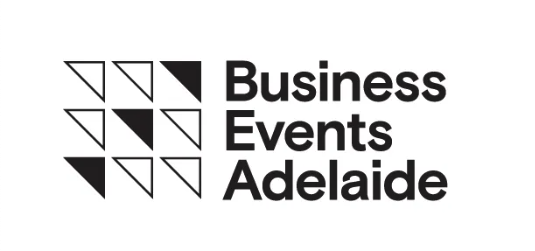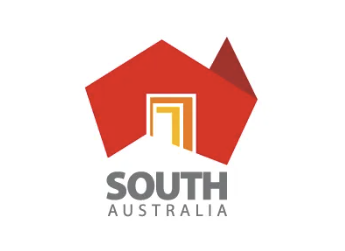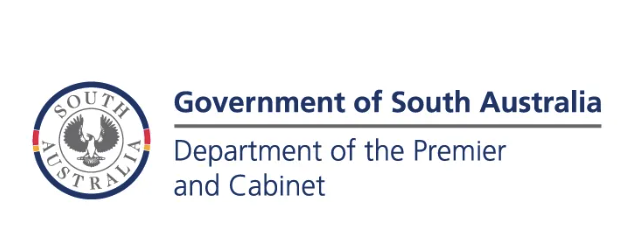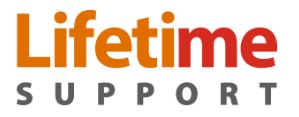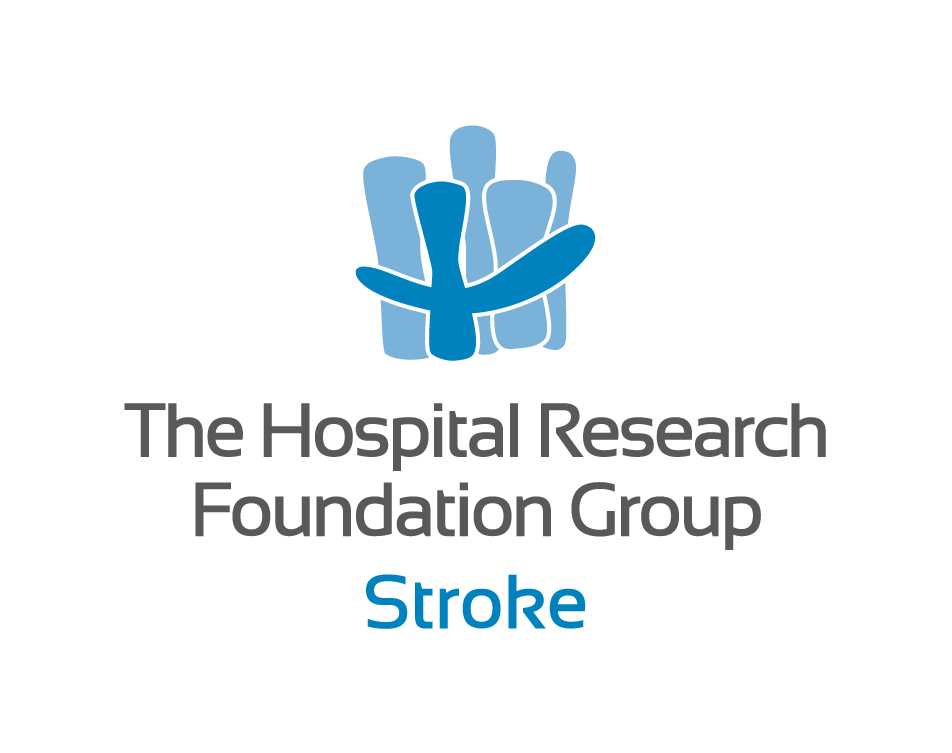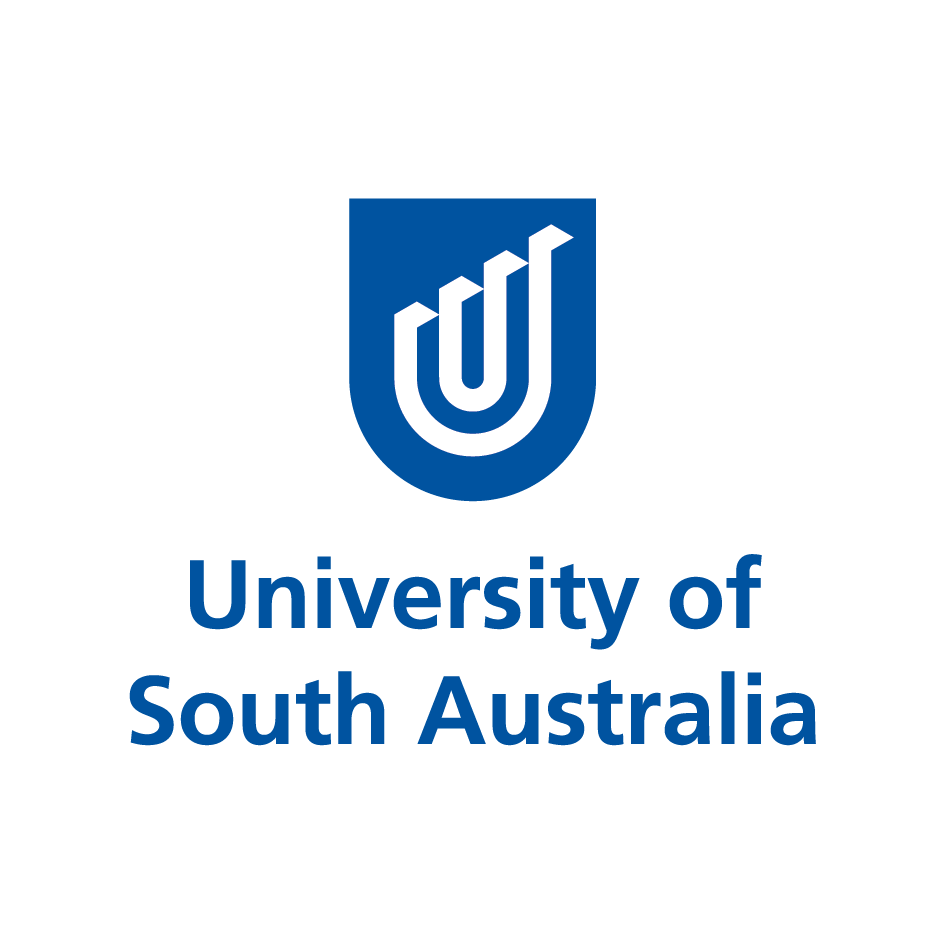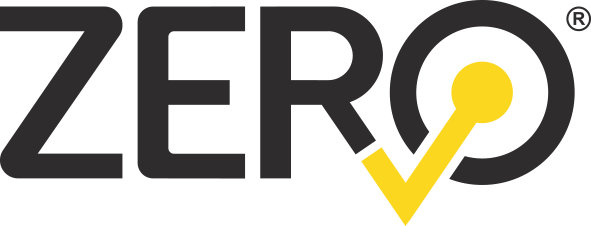PRE-CONFERENCE WORKSHOP – CONCUSSION/ “MILD” TRAUMATIC BRAIN INJURY;
A PRACTICAL WORKSHOP ON OPTIMISING MULTIMODAL ASSESSMENTS
Concussions – a “mild” Traumatic Brain Injury – have become an urgent public health concern; particularly for the injured who do not make a complete recovery within expected timeframes, and for the potential cumulative impacts of multiple concussions. An estimated 180,000 “mild” Traumatic Brain Injuries occur in Australia each year. While the majority will result in a complete, and uneventful, recovery within expected timeframes, as many as 1 in every 5 will be accompanied by ongoing physical, cognitive and behavioural changes lasting months, sometimes years. Concussion can also be difficult to diagnose, and the management of symptoms that persist remains challenging.
This Workshop will provide guidance on evidence-based best practice for the diagnosis, ongoing assessment and management of concussion/ “mild” Traumatic Brain Injury, including a focus on the vestibular, cervical, oculomotor, and auditory signs and symptoms frequently associated with prolonged recovery and worse outcomes from concussion – such as dizziness, blurred vision, difficulties with balance and coordination, fatigue, headaches, sensory overload, attention, and concentration
The key learning outcomes of the Workshop will include:
- crucial updates in the diagnosis, assessment and management of concussion/ “mild” Traumatic Brain Injury;
- a first-person account to provide insights into recovery from concussion/ “mild” Traumatic Brain Injury and long-term brain health;
- recognition of the emerging role of early vestibular-ocular and cervical assessments for optimal concussion management;
- explanation of the role of vestibular and cervical impairments in contributing to acute and persistent symptoms following concussion/“mild” Traumatic Brain Injury and their impact on health and quality of life;
- recognition of the types of visual, oculomotor and auditory processing impairments that occur after concussion and understand how they are assessed in practice;
- practice and demonstration of the key clinical multimodal screening and assessment tests;
- observation and interaction with new technologies that provide additional objective measures of vestibular, auditory, cervical, ocular and balance functions;
- discuss how these assessments and new technologies might enhance clinical care through monitoring recovery, informing specific early interventions, and assisting with early appropriate multidisciplinary referrals; and
- discussion of the challenges to the future for clinical service delivery models and prioritise key areas needed for research.
PRESENTERS:
 Professor Jon Patricios has been a sports medicine physician for 28 years. He is currently Director of Waterfall Sports Orthopaedic Surgery in Johannesburg, South Africa and Professor in the Faculty of Health Sciences at the University of the Witwatersrand where he leads the Wits Sport and Health Research Group. He is founder and Director of Sports Concussion
Professor Jon Patricios has been a sports medicine physician for 28 years. He is currently Director of Waterfall Sports Orthopaedic Surgery in Johannesburg, South Africa and Professor in the Faculty of Health Sciences at the University of the Witwatersrand where he leads the Wits Sport and Health Research Group. He is founder and Director of Sports Concussion
South Africa, a sports concussion consultant to World Rugby, a board member of the international Concussion in Sports Group, co-chair of the scientific committee for the International Consensus Conference on Concussion in Sport, was a member of the independent concussion advisory panel for the Fédération Internationale de Football Association’s (FIFA) 2022 World Cup and in 2023 joined the Union of European Football Associations’ (UEFA) Head Injury Advisory Committee. He is an editor of the British Journal of Sports Medicine and served two terms as President of the South African Sports Medicine Association.
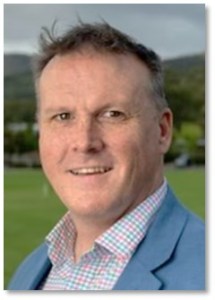 Dr. James McLoughlin is a physiotherapist with over 25 years’ experience in neurological and vestibular rehabilitation. In addition to a degree in physiotherapy from The University of South Australia, James also completed a Masters in Clinical Neuroscience with Distinction from the Institute of Neurology at University College London and a PhD in gait and balance from The University of New South Wales. Since 2006, he has also been Director of Advanced Neuro Rehab (ANR) in Adelaide. ANR has become a centre of excellence in Australia for clinical support for people with neurological and vestibular conditions – employing 18 physiotherapists and providing professional development globally. James is also an Associate Professor at Flinders University and is a globally-recognised leader in the specialist teaching in the field of neurological physiotherapy, developing Flinders’ post-graduate Masters program in Neurological Physiotherapy in 2011 – the only one of its type in Australia. James has been an invited speaker at over 50 different local, national, and international clinical and research conferences. James is also a Founding Director and holds the position of Head of Academia and Research at Your Brain Health.
Dr. James McLoughlin is a physiotherapist with over 25 years’ experience in neurological and vestibular rehabilitation. In addition to a degree in physiotherapy from The University of South Australia, James also completed a Masters in Clinical Neuroscience with Distinction from the Institute of Neurology at University College London and a PhD in gait and balance from The University of New South Wales. Since 2006, he has also been Director of Advanced Neuro Rehab (ANR) in Adelaide. ANR has become a centre of excellence in Australia for clinical support for people with neurological and vestibular conditions – employing 18 physiotherapists and providing professional development globally. James is also an Associate Professor at Flinders University and is a globally-recognised leader in the specialist teaching in the field of neurological physiotherapy, developing Flinders’ post-graduate Masters program in Neurological Physiotherapy in 2011 – the only one of its type in Australia. James has been an invited speaker at over 50 different local, national, and international clinical and research conferences. James is also a Founding Director and holds the position of Head of Academia and Research at Your Brain Health.
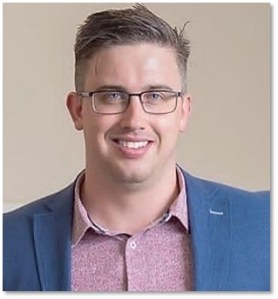 Dr David Stevens is NeuroFlex’s Head of Medical and Research for the Asia Pacific, as well as an Adjunct Researcher at Flinders University, and the University of Pretoria. David’s research has covered a broad range of neurological areas, from cerebral blood flow, to sleep physiology, to neurodegeneration. Along with being involved with NeuroFlex’s work int concussion monitoring, David is researching the efficacy of the NeuroFlex as a clinical tool in aging populations, as well as for performance and fatigue monitoring. Prior to joining NeuroFlex, David received his PhD from the University of Sydney, before embarking on a Postdoctoral Research Fellowship in at Flinders University
Dr David Stevens is NeuroFlex’s Head of Medical and Research for the Asia Pacific, as well as an Adjunct Researcher at Flinders University, and the University of Pretoria. David’s research has covered a broad range of neurological areas, from cerebral blood flow, to sleep physiology, to neurodegeneration. Along with being involved with NeuroFlex’s work int concussion monitoring, David is researching the efficacy of the NeuroFlex as a clinical tool in aging populations, as well as for performance and fatigue monitoring. Prior to joining NeuroFlex, David received his PhD from the University of Sydney, before embarking on a Postdoctoral Research Fellowship in at Flinders University
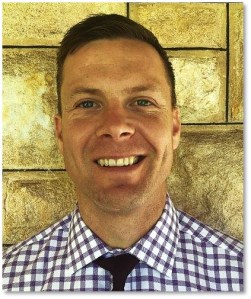 Luke Ivens has a Bachelor of Education and is completing his Masters in Educational Leadership. He is currently serving as the Deputy Head of St Johns Grammar School in Adelaide. Luke played 194 games with the North Adelaide Roosters in the South Australia National Football League (SANFL). During his football career he sustained multiple concussions and was diagnosed with probable Chronic Traumatic Encephalopathy (CTE) in 2022. Luke is now on a mission to raise awareness around concussion safety. Last year he visited over 30 sporting clubs and this year he is spreading the message across schools in Adelaide
Luke Ivens has a Bachelor of Education and is completing his Masters in Educational Leadership. He is currently serving as the Deputy Head of St Johns Grammar School in Adelaide. Luke played 194 games with the North Adelaide Roosters in the South Australia National Football League (SANFL). During his football career he sustained multiple concussions and was diagnosed with probable Chronic Traumatic Encephalopathy (CTE) in 2022. Luke is now on a mission to raise awareness around concussion safety. Last year he visited over 30 sporting clubs and this year he is spreading the message across schools in Adelaide
 Dr. Julia Treleaven is a Senior Lecturer at the University of Queensland and Fellow of the Australian College of Physiotherapists. She works part-time as a physiotherapist in a private practice managing patients with headache, whiplash, cervicogenic dizziness and Post-Concussion Syndrome. Her research is focussed on the role of neck dysfunction in those with headache, dizziness and post-concussion. She has over 150 publications in this area. She is currently a member of the “mild” Traumatic Brain Injury (TBI) Australian and New Zealand Clinical practice guideline development group and the lead for allied health. She has clinical and research expertise in the wide range of physical impairments that can be associated with concussion (headache, neck pain, dizziness, visual disturbances and balance deficits).
Dr. Julia Treleaven is a Senior Lecturer at the University of Queensland and Fellow of the Australian College of Physiotherapists. She works part-time as a physiotherapist in a private practice managing patients with headache, whiplash, cervicogenic dizziness and Post-Concussion Syndrome. Her research is focussed on the role of neck dysfunction in those with headache, dizziness and post-concussion. She has over 150 publications in this area. She is currently a member of the “mild” Traumatic Brain Injury (TBI) Australian and New Zealand Clinical practice guideline development group and the lead for allied health. She has clinical and research expertise in the wide range of physical impairments that can be associated with concussion (headache, neck pain, dizziness, visual disturbances and balance deficits).
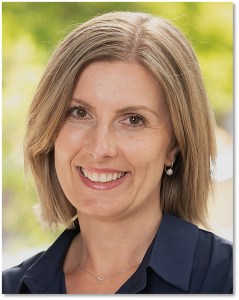 Tania Straga is principal orthoptist at Adelaide Eye Therapy, and has more than 20 years’ experience in paediatric and adult eye care, with a special interest in strabismus, eye movement, eye co-ordination disorders, and concussion-related eye problems. She has worked in private practice in Adelaide since 2003 and at various public appointments including The Women’s and Children’s Hospital, Flinders Medical Centre, Modbury Hospital, The Royal Adelaide Hospital, The Royal Children’s Hospital Melbourne, and the Broken Hill Base Hospital. She graduated with a Bachelor of Orthoptic and Ophthalmic Sciences from La Trobe University, Victoria in 2003. She is an active member of Orthoptics Australia since 2003 and has been registered with the Australian Orthoptic Board including a Certificate of Currency since then. She has publications in several peer-reviewed journals, mainly in the area of genetic eye conditions.
Tania Straga is principal orthoptist at Adelaide Eye Therapy, and has more than 20 years’ experience in paediatric and adult eye care, with a special interest in strabismus, eye movement, eye co-ordination disorders, and concussion-related eye problems. She has worked in private practice in Adelaide since 2003 and at various public appointments including The Women’s and Children’s Hospital, Flinders Medical Centre, Modbury Hospital, The Royal Adelaide Hospital, The Royal Children’s Hospital Melbourne, and the Broken Hill Base Hospital. She graduated with a Bachelor of Orthoptic and Ophthalmic Sciences from La Trobe University, Victoria in 2003. She is an active member of Orthoptics Australia since 2003 and has been registered with the Australian Orthoptic Board including a Certificate of Currency since then. She has publications in several peer-reviewed journals, mainly in the area of genetic eye conditions.
 Liz Jemson-Ledger is a neurological physiotherapist with both a Bachelor of Physiotherapy and a Masters of Neurological Physiotherapy. After working in an acute brain injury unit, her passion for a multimodal approach to brain injury rehab and vestibular conditions quickly grew into a specialised focus on rehabilitation from concussion. She has worked in the development and implementation of baseline concussion testing protocols with elite sporting clubs, conducted research around neck function and fatigability in concussion and has recently developed and launched a 12-hour concussion online learning resource for health care professionals.
Liz Jemson-Ledger is a neurological physiotherapist with both a Bachelor of Physiotherapy and a Masters of Neurological Physiotherapy. After working in an acute brain injury unit, her passion for a multimodal approach to brain injury rehab and vestibular conditions quickly grew into a specialised focus on rehabilitation from concussion. She has worked in the development and implementation of baseline concussion testing protocols with elite sporting clubs, conducted research around neck function and fatigability in concussion and has recently developed and launched a 12-hour concussion online learning resource for health care professionals.
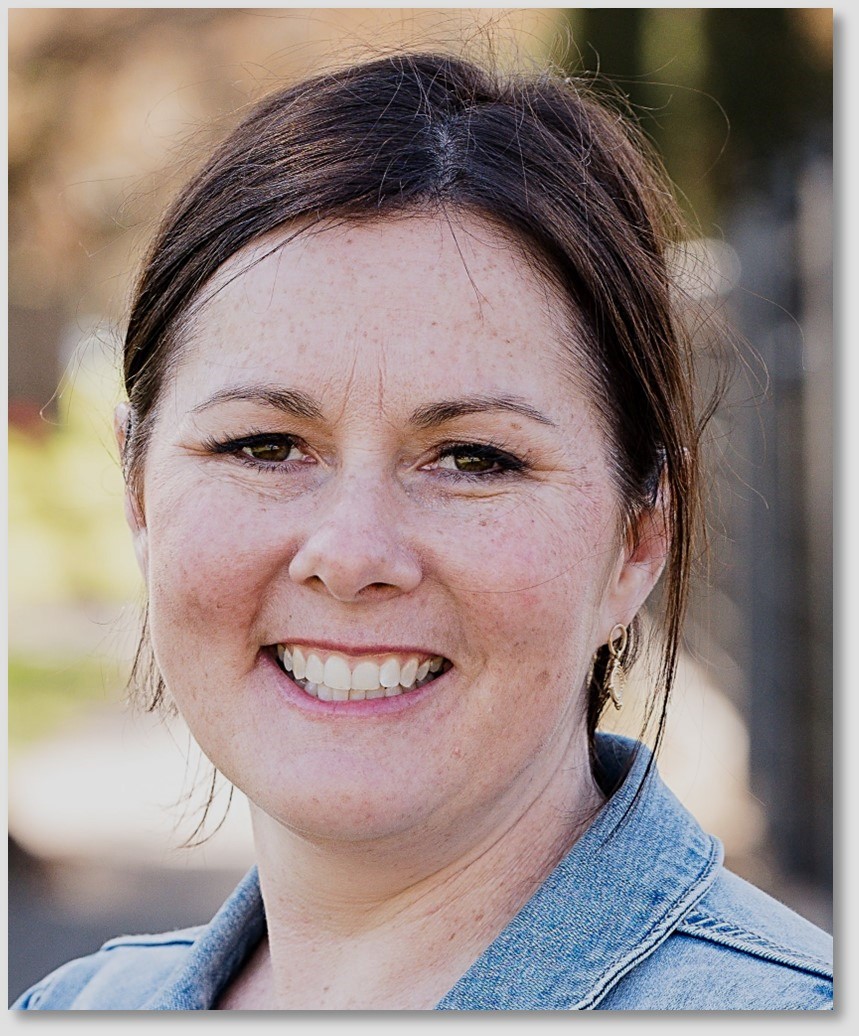
Nicole Eglinton is CEO and Principal Audiologist at All Ears & Speech and Little Allied Health. She holds a Master’s Degree in Audiology from Flinders University and a Bachelor of Science in Psychology. Her experience includes complex audiological presentations for children and adults, implantable hearing technology, neonatal diagnostics, and auditory processing assessment and management. Nicole is eager to share insights on advancing audiology supports for children and adults following Acquired Brain Injury, including concussions.
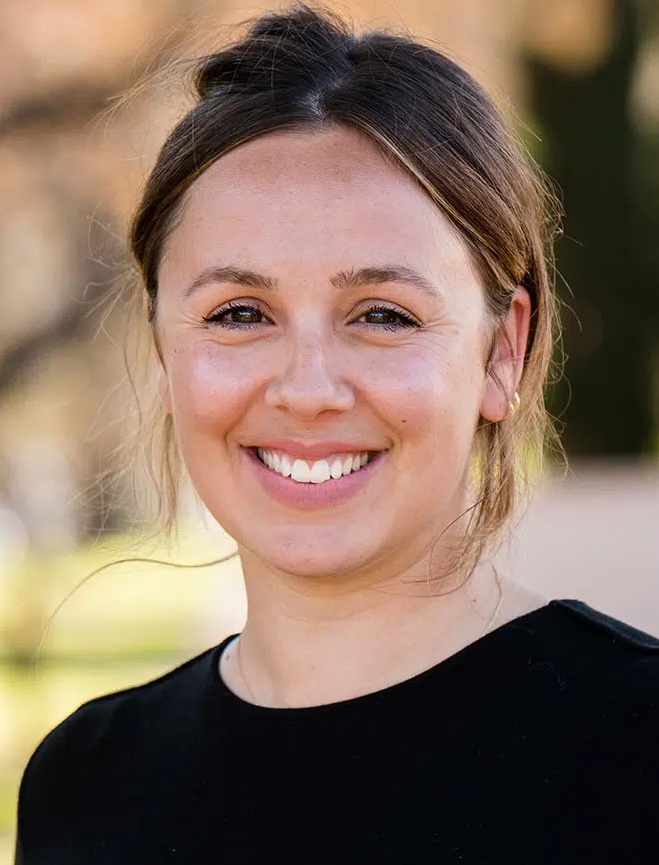
Lauren Iasenzaniro, the Clinical Manager Audiology at All Ears & Speech and Little Allied Health, has a particular interest in brain injury, sparked by her father’s stroke and subsequent Acquired Brain Injury five years ago. Her first-hand experience drives her commitment to supporting those with communication difficulties. With a Master’s degree in Audiology from Flinders University and a Bachelor of Medical Radiations (Nuclear Medicine), Lauren’s career has focused on paediatric audiology and complex adult presentation. She excels in auditory processing assessment and management and the interpretation of audiological data.

